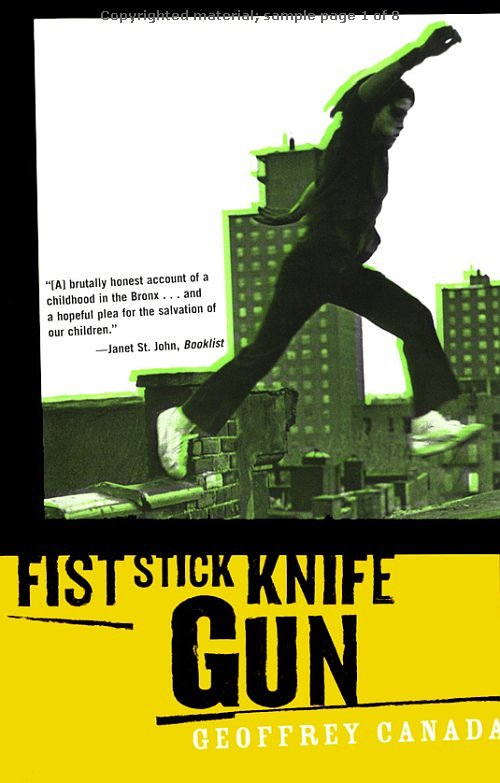 I wanted to recommend a book I picked up recently at my local Barnes and Noble. It's called Serious Games: Games that Educate, Train, and Inform. This is a great conceptual document to highlight the potential of games for social change, but also illustrates how games are being used in the military, government, educational institutions, coportations, healthcare, religious institutions, and in the artworld.
I wanted to recommend a book I picked up recently at my local Barnes and Noble. It's called Serious Games: Games that Educate, Train, and Inform. This is a great conceptual document to highlight the potential of games for social change, but also illustrates how games are being used in the military, government, educational institutions, coportations, healthcare, religious institutions, and in the artworld.The book is based on a movement of game-designers, social workers, military folk etc. who are tapping into, and maximizing the potential of this new medium. Check out the Serious Games Summit in Washington D.C.
 Also, check out the book Developing Serious Games. This looks great.
Also, check out the book Developing Serious Games. This looks great.I still am convinced that this is something that community-based youthworkers NEED to get into. I see so much redemptive possibility in this new medium.
I recognize that video games are often perceived of as 'mindless entertainment', and something that fuels moral panics... and this type of technophobia prompts us to throw the baby out with the bathwater. I also recognize that there are many technophiles out there who think that video games should be uncritically embraced. I am not arguing (or supporting) this point of view either. I am rather arguing for a critical approach similar to what these 'serious game developers' are talking about.
What are your thoughts?


















